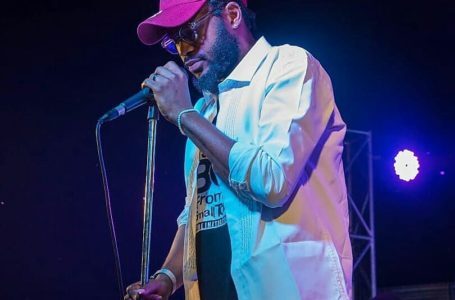MOSCOW – The Russian Orthodox Church has vehemently criticized the opening ceremony of the Paris Olympics, accusing it of offending Christian beliefs and contributing to a growing “godless culture” in Europe.
Vakhtang Kipshidze, deputy chairman of the Russian Orthodox Church’s Synodal Department for Church Relations with Society and the Media, condemned a particular performance that included a drag queen depiction of Leonardo da Vinci’s “The Last Supper.” Kipshidze expressed outrage, stating that the ceremony showed a blatant disregard for European civilization and its Christian foundations. He likened the performance to a “monkey parodying a human being,” illustrating his view of the event as a serious affront to religious sensibilities.
The Paris 2024 Olympic opening ceremony, held on July 26, was characterized by its ambitious and unconventional approach. One notable segment involved a performance featuring drag artists, dancers, and DJ Barbara Butch, which some observers felt evoked religious iconography in a manner that was disrespectful to Christianity.
In response to the backlash, Thomas Jolly, the artistic director of the ceremony, clarified that the depiction was inspired by Greek mythology rather than Christian art. He emphasized that the scene, meant to celebrate diversity and festivity, was not intended to mock or offend any religious group.
Despite the controversy, Jolly and other organizers have maintained that the ceremony was designed to promote community tolerance and inclusion. Paris 2024 spokesperson Anne Descamps reiterated that there was no intention to disrespect any religion, and expressed regret for any offense caused.
The criticism has resonated beyond religious circles, with figures such as French far-right politician Marion Maréchal and Romanian social media influencer Andrew Tate also condemning the ceremony. On the other hand, a Harris poll indicated that a majority of French respondents viewed the ceremony positively, suggesting that the impact of the criticism may be more pronounced among certain groups.
As Paris continues to host the Olympics, the event’s opening ceremony remains a topic of heated debate, reflecting broader discussions about the intersection of culture, religion, and public performance.








